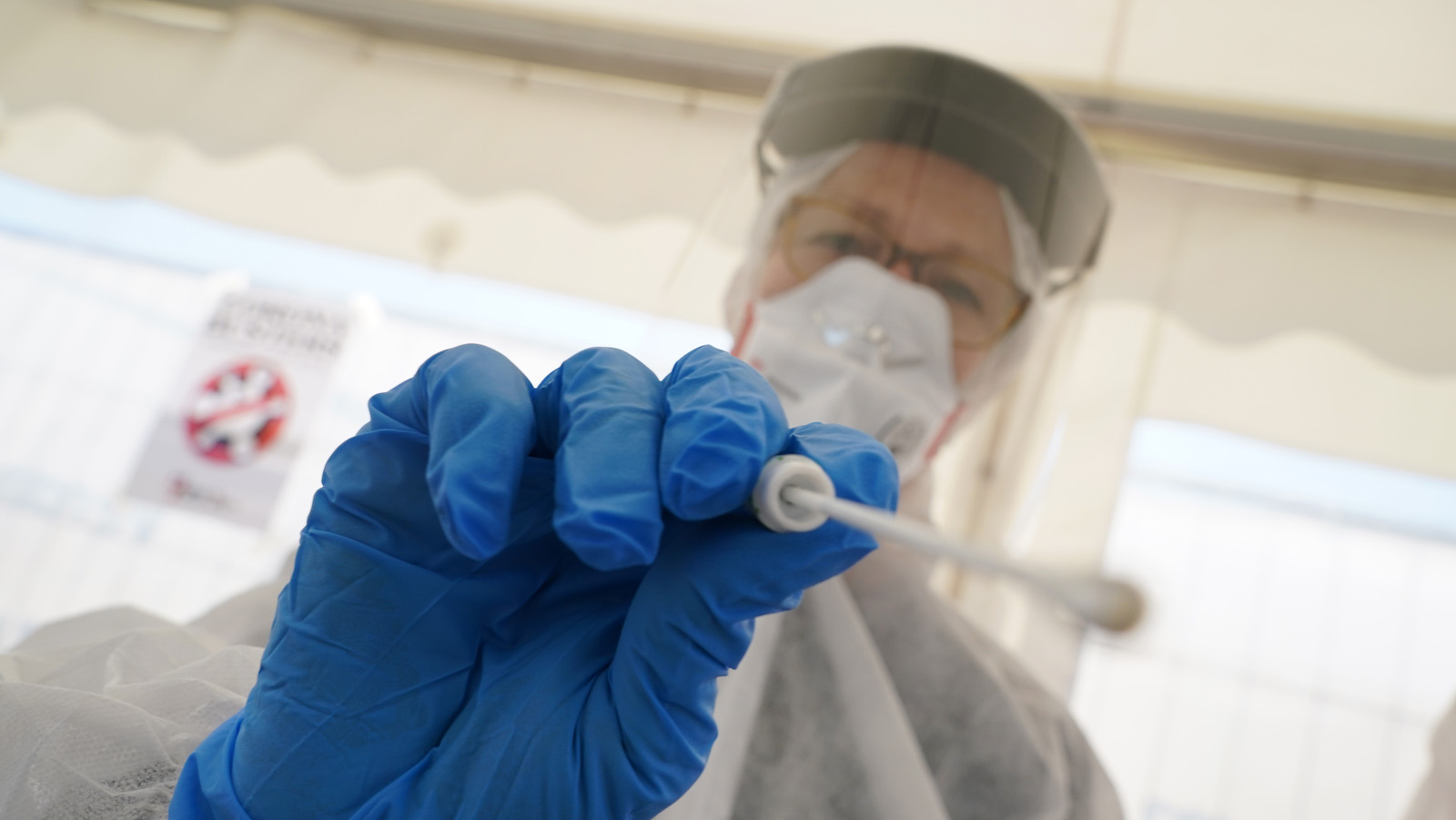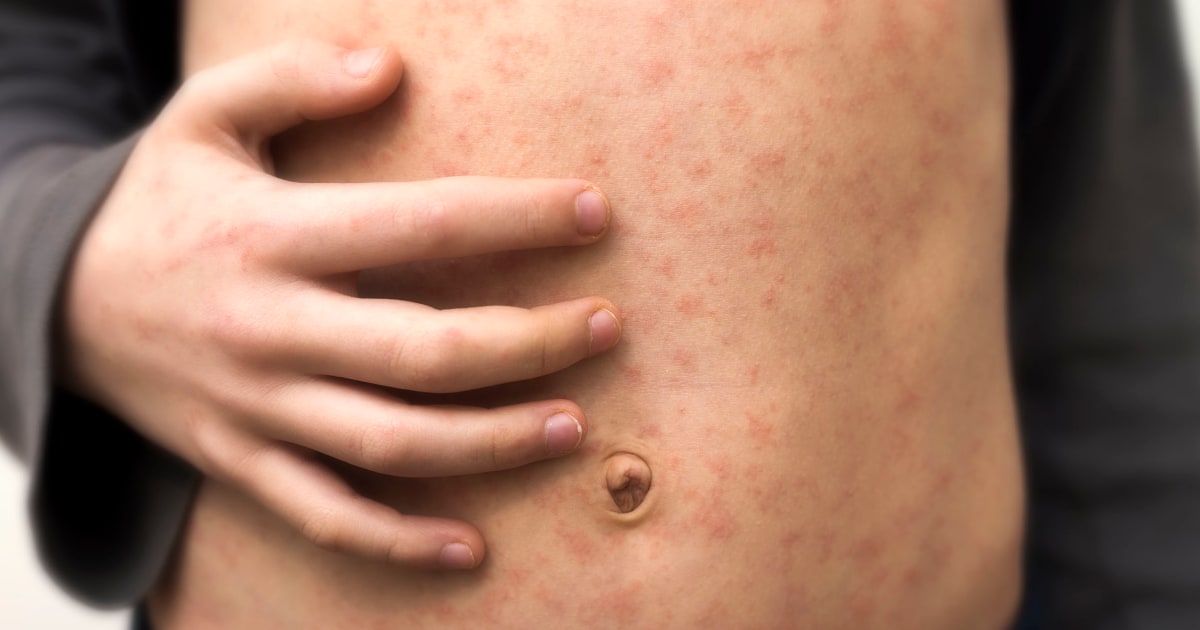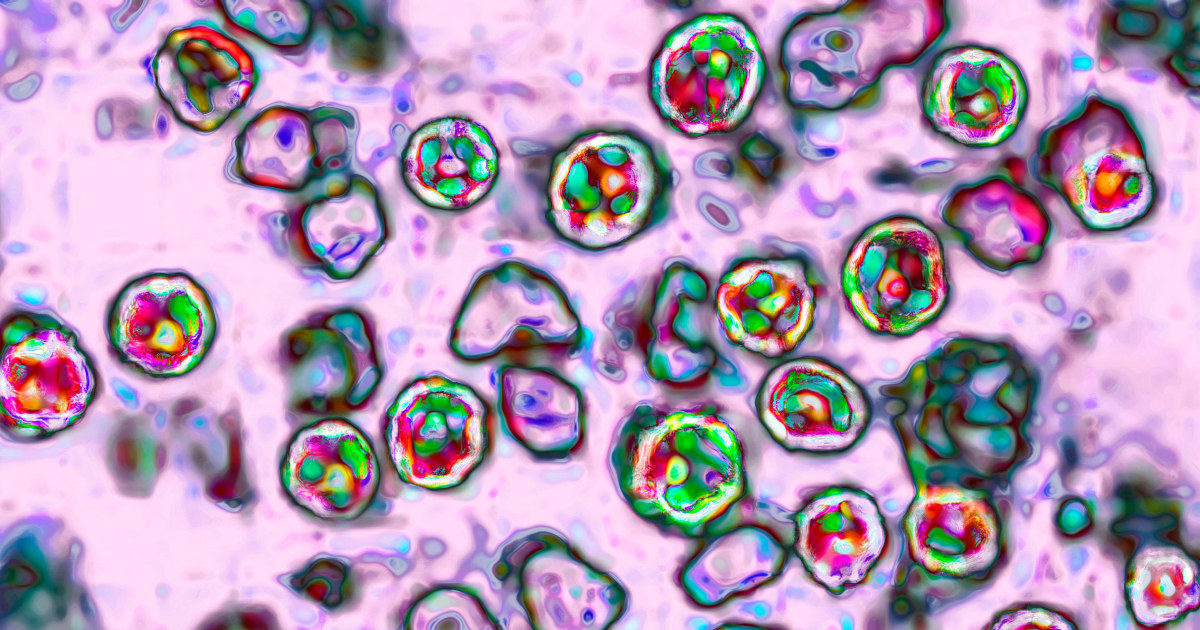Which country has vaccinated the most in Latin America?
1:03
(CNN Spanish) -
It is a scientific fact, it is possible to contract covid-19 after receiving two doses of the vaccine against the disease.
The CDC recently released a report that clarifies the cases of infection after receiving the antigen and its effectiveness.
In this episode, Dr. Elmer Huerta discusses the results of the study.
You can listen to this episode on Spotify or your favorite podcast platform or read the transcript below.
Hello, I am Dr. Elmer Huerta and this is your daily dose of information on the new coronavirus.
Information that we hope will be useful to take care of your health and that of your family.
Today we will see the most recent report from the United States Centers for Disease Control and Prevention (CDC) on the number of infections reported from January 1 to April 30, 2021 in people who were vaccinated against covid-19.
advertising
Covid-19 infection after getting vaccinated: what the CDC says
First of all, it should come as no surprise that a person fully vaccinated against COVID-19 can become infected, become ill, hospitalized, and even die from the disease.
This is a consequence of the fact that no vaccine is 100% effective, a reality that has been demonstrated in recent studies, mainly in Israel, the United States and the United Kingdom.
Remember that the effectiveness of a vaccine is calculated using it in real life, comparing the probability of becoming infected with SARS-CoV-2 in two groups of people, those vaccinated and those not vaccinated.
In this regard, studies on the effectiveness of vaccines have recently begun to be published in countries that, in addition to actively vaccinating their inhabitants, are studying the usefulness of vaccines, that is, their effectiveness.
What a study in Israel reveals
A study in Israel of more than 4.7 million people who received the two doses of the vaccine by April 3 showed:
97% effective in preventing symptomatic infection,
97.2% to prevent hospitalization,
97.5% to prevent severe disease
and 96.7% to prevent death from covid-19.
An American study with 3,950 health workers, showed that the effectiveness in preventing symptomatic disease was:
90% after two doses of messenger RNA vaccines,
and 80% after the first dose.
Another American study showed that messenger RNA vaccines were able to prevent 94% of hospitalizations in older adults with COVID-19.
If we pay attention to these percentages of effectiveness, we realize that in no case do they reach 100%, which indicates that there is the possibility that a fully vaccinated person could become infected, be hospitalized and in very rare cases, even die.
And those possibilities are demonstrated in the CDC report, which evaluated the number of COVID-19 cases reported in fully vaccinated people between January 1 and April 30, 2021.
In total, among the 101 million people vaccinated occurred:
10,262 cases of covid-19 with an average age of:
58 years old,
and 63% were women.
Of the 10,262 post-vaccination covid-19 cases:
2,725 or 27% were asymptomatic,
995 or 10% were hospitalized
and 160 or 2% died.
The median age of the patients who died was 82 years.
The researchers collected data on the genetic sequencing of isolated viruses in 555 reported cases, which represents only 5% of the total.
Of those 555 genomic analyzes, 356 or 64% were variants of concern of SARS-CoV-2, which, as we heard in the episode of May 12, are those in which there is evidence that the virus has a greater capacity to contagion, which produces a more severe disease, and a reduced effectiveness of treatments or vaccines.
Of the 356 variants of concern:
199 or 56%, was the B.1.1.7 variant discovered in the UK,
88 or 25% variant B.1.429 discovered in the United States,
28 or 8% variant B.1.427 also discovered in the United States,
28 or 8% the P.1 variant discovered in Brazil and
13 or 4% variant B.1.351 discovered in South Africa.
The authors warn that their findings have at least two limitations.
First, it is likely that - because the national surveillance system relies on voluntary reporting - the number of COVID-19 cases in vaccinated people is under-registered.
Many people with asymptomatic post-vaccination infections or with mild symptoms may not have reported them.
Second, only 5% of the reported postvaccine infection cases have been sequenced.
And, finally, in relation to the 995 hospitalizations and 160 deaths that have occurred in previously vaccinated people, and with the understanding that each human life is valuable, it is easy to calculate and assess the number of hospitalizations and deaths that would have occurred - had they not been vaccinated - in the 101 million people who did.
Do you have questions about the coronavirus?
Send me your questions on Twitter, we will try to answer them in our next episodes.
You can find me at @DrHuerta.
If you think this podcast is useful, help others find it by rating and reviewing it on your favorite podcast app.
We'll be back tomorrow so be sure to subscribe to get the latest episode on your account.
And for the most up-to-date information you can always head to CNNEspanol.com.
Thanks for your attention.
If you have any questions you can send them to Dr. Elmer Huerta through Twitter. You can also head over to CNNE.com/coronaviruspodcast for all episodes of our “Coronavirus: Reality vs. Reality” podcast. fiction".
coronavirusCovid-19












/cloudfront-eu-central-1.images.arcpublishing.com/prisa/KMEYMJKESBAZBE4MRBAM4TGHIQ.jpg)


